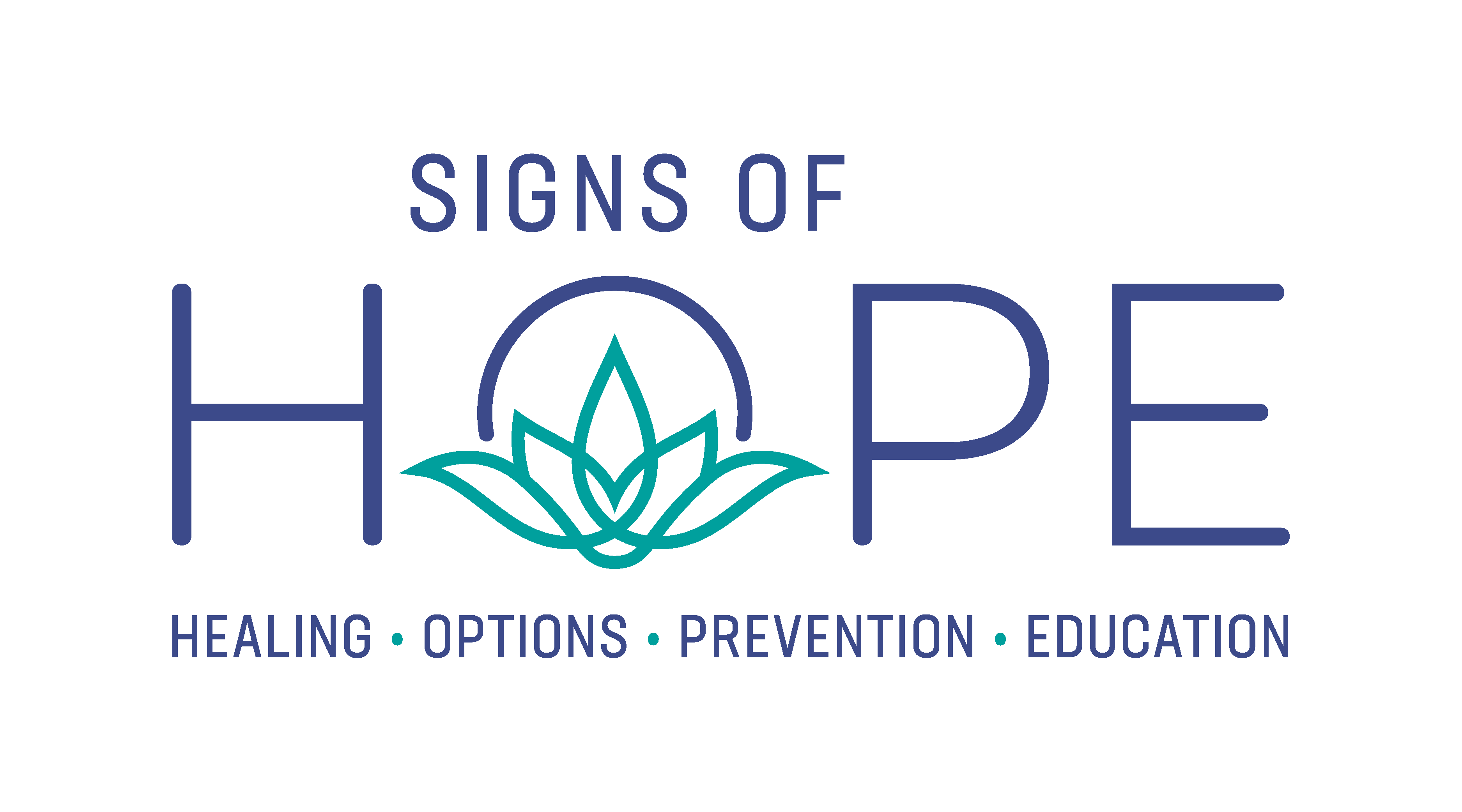When abuse happens at a very young age, it can have a profound affect on a child’s development and behavior. As one of our colleagues at the Children’s Advocacy Center put it “these children have had a switch flipped on through no fault of their own, but it is very difficult to flip that switch back”.
In the short term, parents and caregivers may see a variety of behavioral changes related to the trauma of sexual abuse. According to The National Child Traumatic Stress Network, “Very young children might engage in traumatic play in which the child re-enacts some aspect of the experience. For example, a child may act out running away from a “bad man” over and over again… The child might talk about her body as being ‘hurt’ or ‘dirty'”. Behavioral changes can also be far less obviously related to trauma, and instead just look like “bad behavior”. Children may become more oppositional or withdrawn, or throw temper tantrums and have angry outbursts.
Sexual abuse is one of 10 childhood traumas classified as ACEs, or Adverse Childhood Experiences. According to the Stop Abuse Campaign, ACEs “are such profound traumas that they predispose children to a lifetime of poorer physical, mental, social and financial health”. ACEs increase the risk of anxiety and depression. Substance abuse is an extremely common coping mechanisms for those with ACEs. Children’s reactions to trauma are often viewed as “bad behavior”, and can even increase a child’s risk of becoming involved in the juvenile justice system. This risk is especially high for BIPOC children, who are disciplined much more harshly than their white peers.
In April, Signs of Hope is launching a new program designed to help very young victims of sexual abuse who may be acting out as a result of the abuse. Aimed at children under the age of 8, this program will provide positive behavioral support programming for both children and their parents to help address these behaviors, and to prevent children from acting out against other children.
This program will be led by Sarah Oettinger, LCSW of our Signs of Hope Counseling Center, who specialized in working with young children. Provided in a group setting, the program has components for both children and their parents/caregivers.
The benefit of interventions for such young survivors is that, as noted by Wayua Barrett, our Director of Prevention, Education, and Outreach, children are so resilient in part because their brains are still growing. This gives them an incredibly capacity to heal.
Parents interested in this program can enroll by contacting Signs of Hope at 702-385-2153. Local organizations like the Children’s Advocacy Center, DFS, and other mental health professionals can also make referrals to this program.

